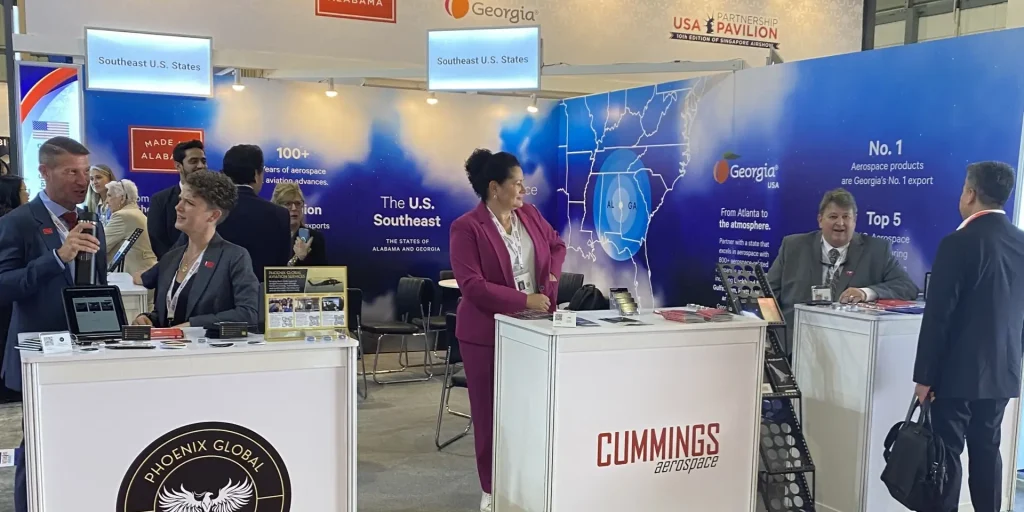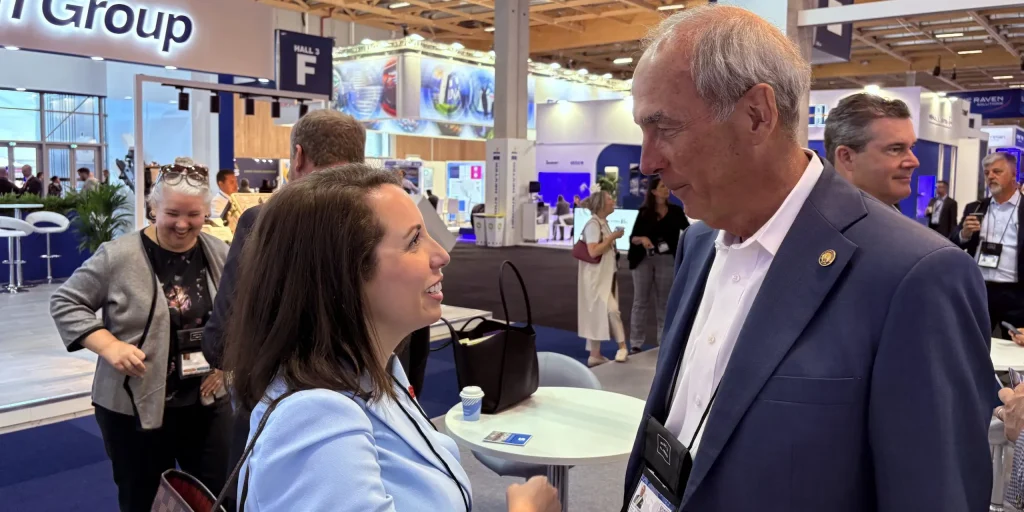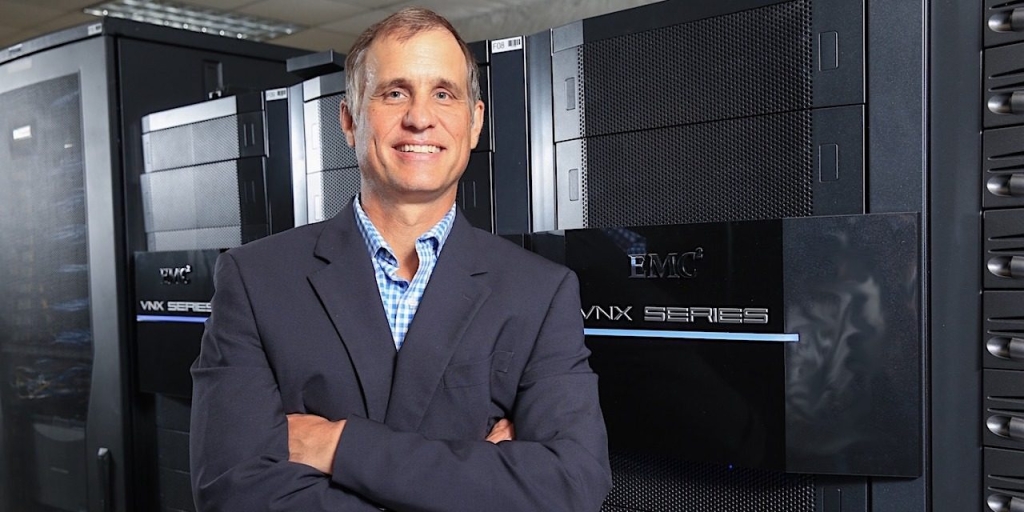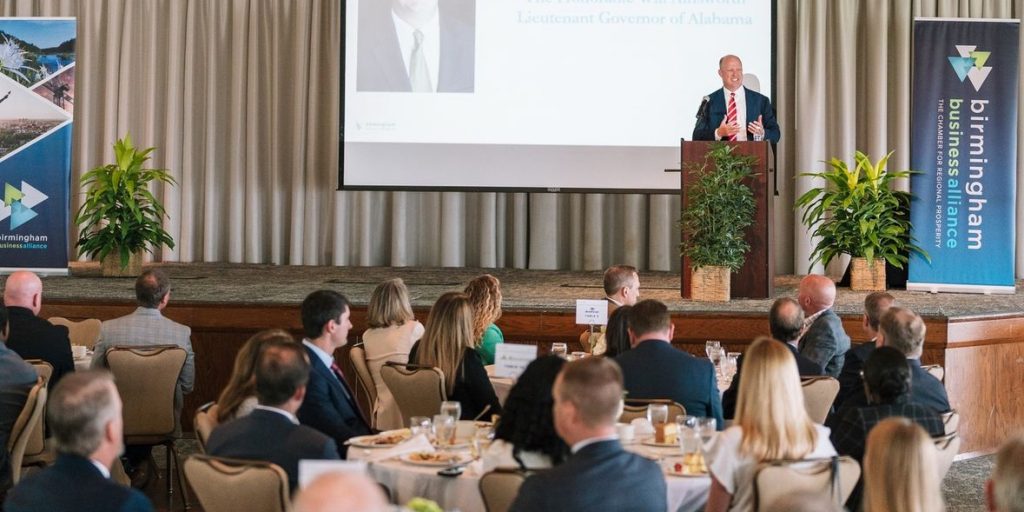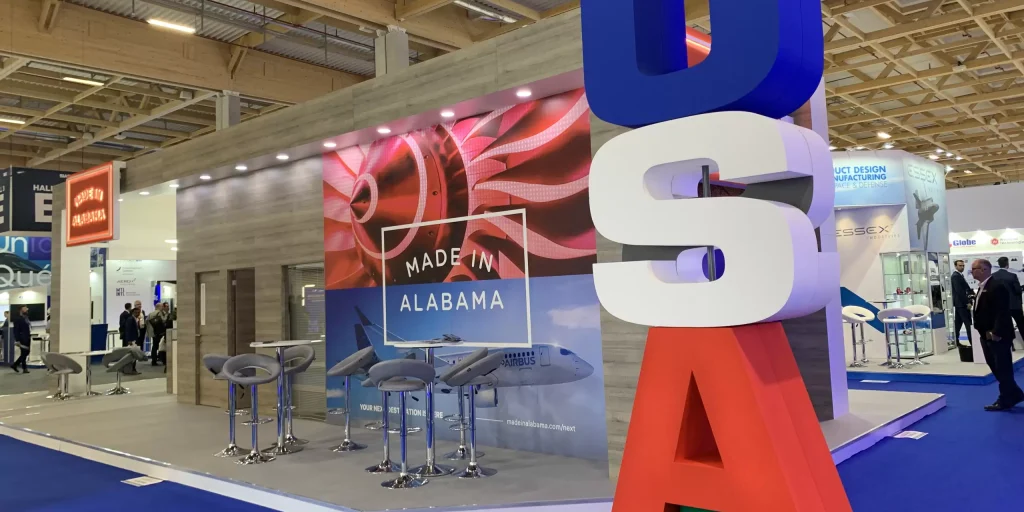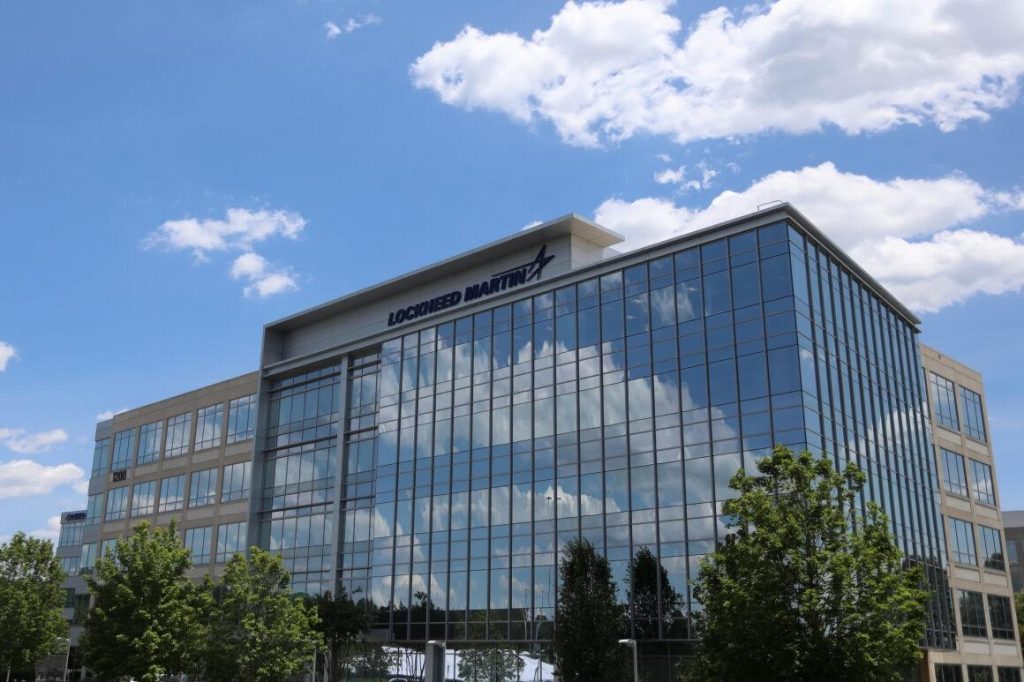A longtime linchpin of Alabama’s aerospace industry continues to expand in the state, focused on next-generation technology that is charting the future of national defense and space exploration.
Boeing employs more than 3,000 people across a diverse lineup of operations based in Huntsville, where its legacy started 60 years ago with the development of the iconic Saturn V rocket that took the Apollo astronauts to the moon.
Recent company growth in Alabama includes the expansion of the PAC-3 Missile Seeker Program. Under a $1.1 billion U.S. Army contract, Boeing will produce an additional 1,500 of the battle-tested, precision seekers that have protected soldiers around the world for more than 20 years.
Another major effort is ongoing work for NASA’s Space Launch System, the powerful rocket that will return astronauts to the moon and set the stage for future travel into deep space.
Boeing contributes more than $2.7 billion each year to the state’s economy and is responsible for 9,402 jobs across its operations and support network, according to a report the company issued in June.
“Boeing’s economic impact alone underscores its tremendous value to our modern aerospace sector, but the company’s rich history and unparalleled experience also benefit our state in ways that are much more difficult to measure,” said Greg Canfield, Secretary of the Alabama Department of Commerce.
“For 60 years, students, entrepreneurs and competitors have been inspired by Boeing’s strategic vision and commitment to innovation, so the company’s influence is felt in many corners of the industry in Alabama and far beyond our borders.”
Supporting the long-standing relationship with the aerospace giant is very important to Alabama’s leaders. Secretary Canfield renewed contact with Boeing officials during the 2022 Farnborough International Airshow, the industry’s premiere business event this year.
NEXT-GEN ROCKET
For Space Launch System, or SLS, Boeing is the prime contractor for the design, development, test and production of the launch vehicle core stages, and the development of the flight avionics suite.
As the most powerful rocket ever built, SLS is designed to launch larger payloads further into space than historically possible. The Artemis missions will fly the SLS, with Artemis I scheduled to carry an uncrewed Orion space capsule to the moon to test the integrated system performance later this year.
Plans call for subsequent Artemis missions to take astronauts on a flight around the moon and then land them on the moon.
In June, SLS achieved a successful Wet Dress Rehearsal, in which the Artemis I launch vehicle was fueled and drained in a test of timing and mechanisms.
It was the final test of the rocket before launch. NASA will announce a specific target launch date after assessing the rocket and performing the final pre-launch tasks.
“The Wet Dress Rehearsal is an important exercise because it gives the team confidence in the machinery of the rocket and spacecraft and how all the systems will perform together on launch day and during flight,” said John Shannon, Boeing’s vice president and program manager for the Space Launch System.
GROWTH PLANS
In other growing areas of Boeing’s business, construction is under way on a 9,000-square-foot expansion of the Huntsville Electronics Center of Excellence.
Last fall, Boeing was awarded the $1.1 billion contract to extend seeker production for the Army’s PAC-3 missile into 2026. The company will complete the work as a subcontractor to Lockheed Martin, beginning next year.
The Boeing-built seeker provides guidance data to the PAC-3 interceptor, which protects soldiers and allies from tactical ballistic missiles, cruise missiles and hostile aircraft around the world.
The expansion of the Huntsville Electronics Center of Excellence is an important step in Boeing’s long-term strategy to meet the growing air and missile defense needs of its customers and their international partners around the world, Cindy Gruensfelder, vice president and general manager of Boeing’s Missile and Weapons Systems division, said at the groundbreaking for the expansion last fall.
“It would not be possible without our world-class people and their unwavering commitment to delivering the very best for our customers who rely on us day-in and day-out,” Gruensfelder said.
(Courtesy of Made in Alabama)







